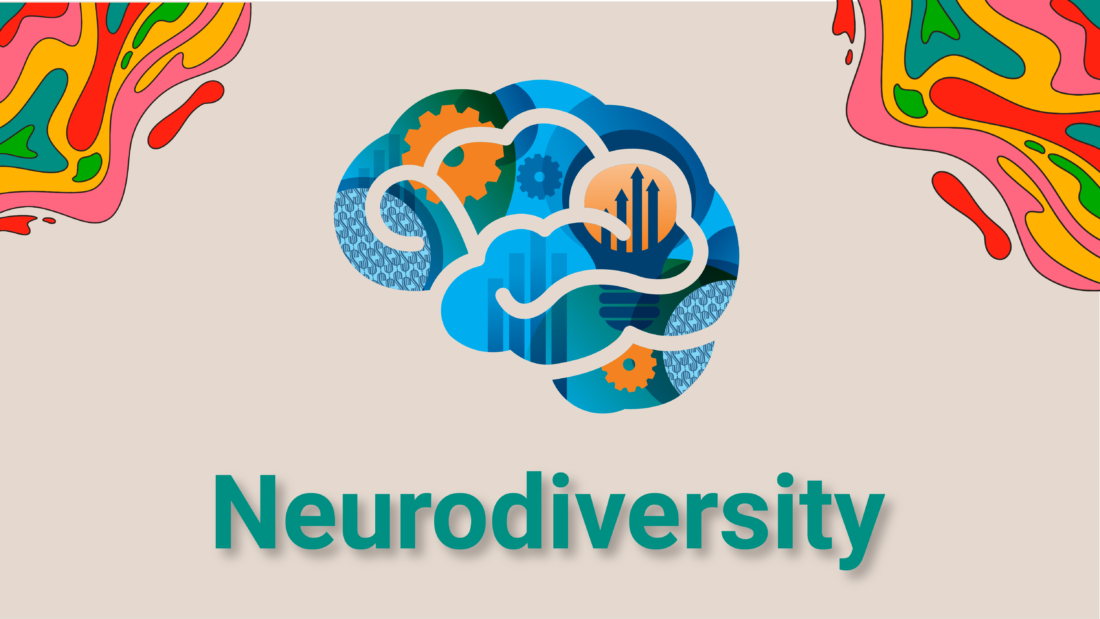Neurodiversity refers to variances in brain function that affects daily cognition from person to person. Neurodiversity views disparities in brain function and behaviour as a natural representation of humanity’s diversity rather than as wrong or problematic. As autism gained recognition, psychologists advocated for it to be classified as a different way of functioning rather than a disorder. The fight for autism awareness and rights gave rise to the idea of neurodiversity. The phrase was first used in 1997 by the autistic sociologist Judy Singer. Although the term “neurodiversity” was first used to describe those on the autism spectrum, it has subsequently expanded to include other ways that the brain might operate, such as in those who have ADHD or dyslexia.
When society accepts neurodiversity, everyone can gain from it, not just those with neurodivergent personalities. Understanding neurodiversity enables us to comprehend how each of us functions differently. We can welcome differences rather than thinking in terms of “good” and “bad” ways of functioning.


Mental Health at Work
Powered by - Equilibrio Advisory LLP - Assisting in Building Equitable & Safe Spaces
 Cart is empty
Cart is empty 


